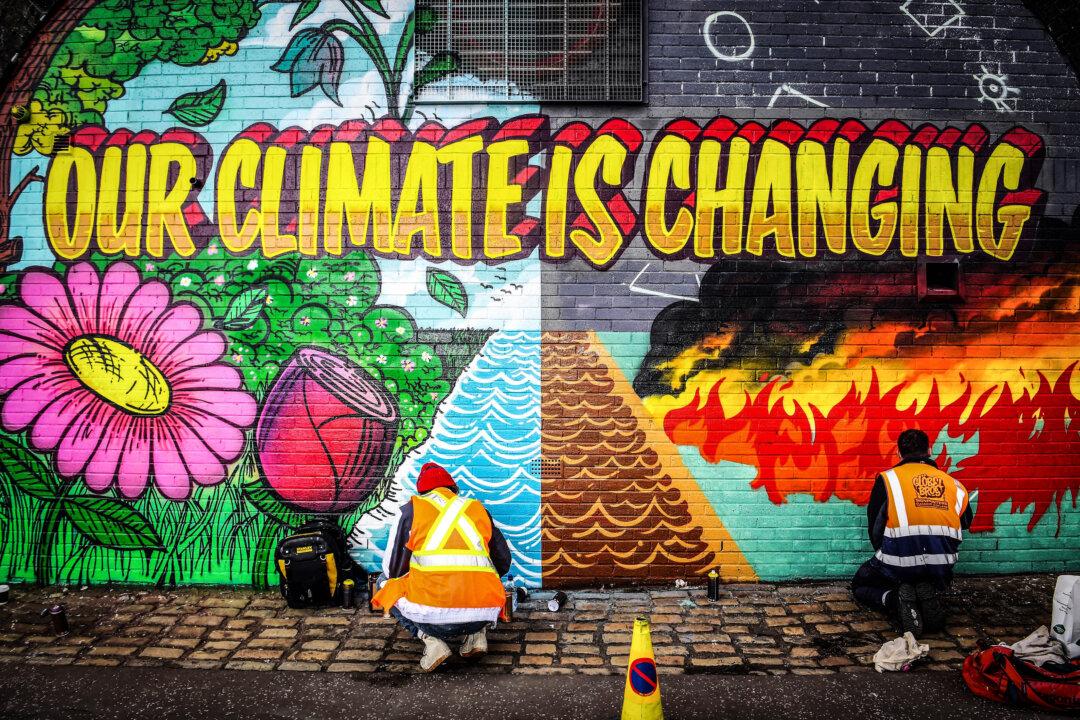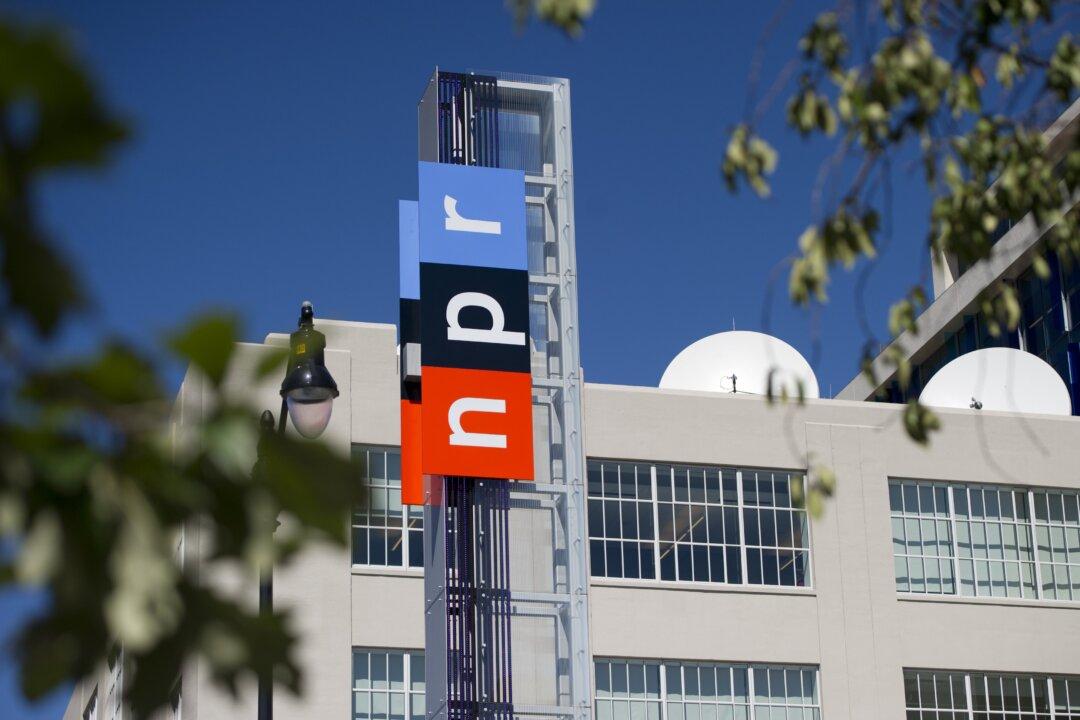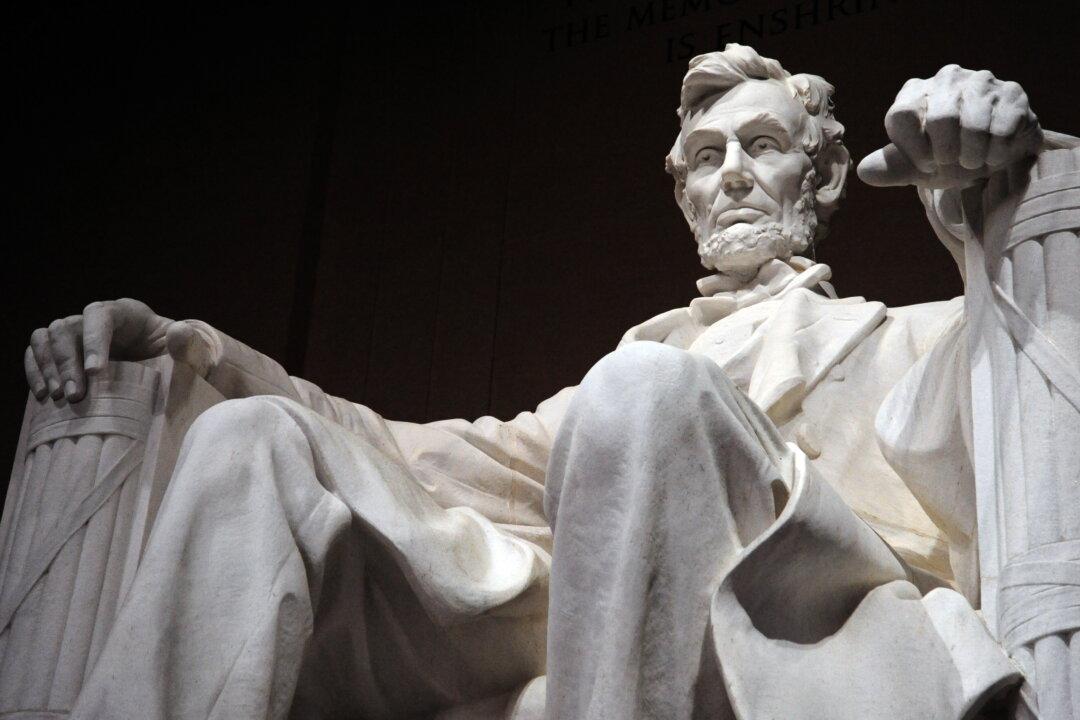Commentary
On Oct. 11, The Epoch Times ran a piece titled “Era of ‘Unquestioned and Unchallenged’ Climate Change Claims Is Over.” It discussed recent papers published in scientific journals that effectively question some of the more popular arguments supporting the theory that we live in a time of catastrophic, man-made climate change.





